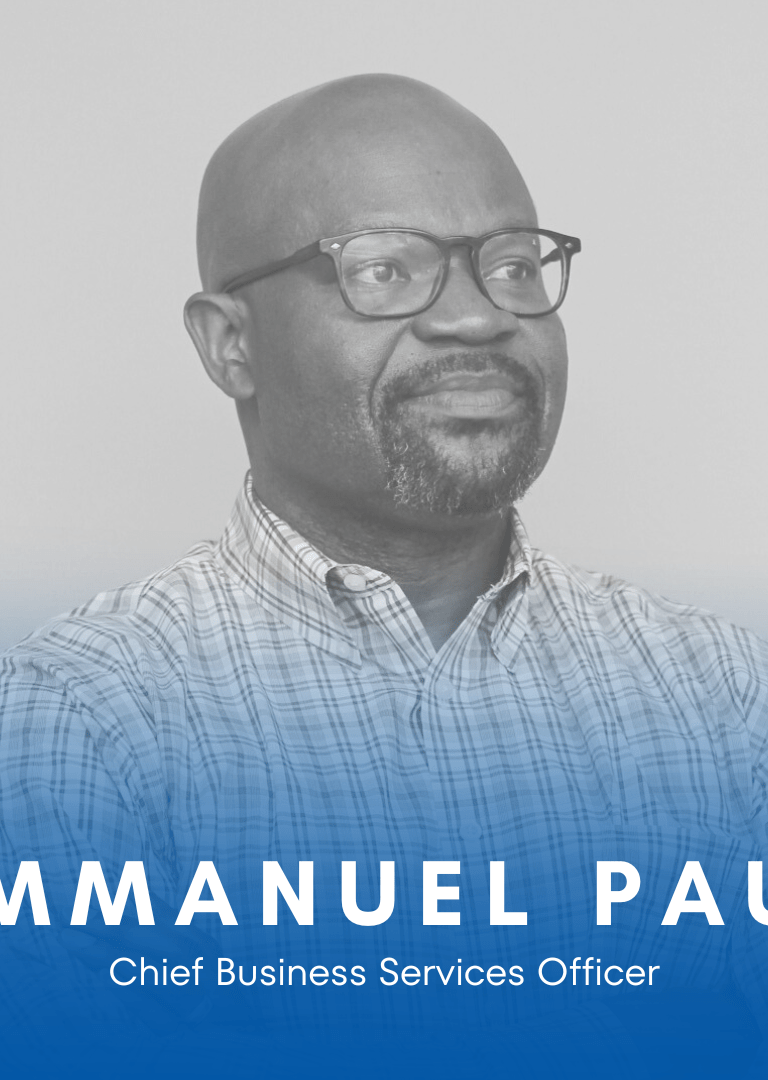When it comes to responding to the pandemic, child care providers have been stuck between a rock and a hard place. In many cases, providers have been forced to choose between protecting themselves from deadly illness and feeding their families. Sociologists call this a double bind. A double bind is a situation in which a person has a limited number of choices, none of which lead to a positive or desirable outcome. In this kind of situation, we might say that a person has the illusion of choice.
When we call people heroes, we suggest they have fully consented to risk their lives for the greater good. For many child care providers in North Carolina, the COVID-19 crisis produces a limited number of choices, none of which are completely free from coercion. For example, many child care providers who made the decision not to work did not receive their stimulus check or unemployment payments in a timely manner, and will no longer be eligible for unemployment as the state reopens. On the other hand, many centers and homes who chose to stay open are receiving some income but must face new regulations and threats to their health without hazard pay or the security of adequate health insurance. Many providers are struggling with limited access to supplies, inadequate food, low enrollment numbers and lost income.
The HEROES Act
On May 13, the House of Representatives passed the Health and Economic Recovery Omnibus Act, or HEROES Act, the next proposed stimulus relief package. During the bill’s drafting process, child care policy advocates and researchers created a model to propose a dollar amount needed to keep the child care system afloat for the duration of the crisis. This amount was in the ballpark of $50 billion. Yet, the Heroes Act allocates a mere $7 billion toward child care relief. This is the trouble with the rhetoric of heroism. According to the model, this amount is only enough to support the child care system for a month. Even in the very bill designed to assist child care workers, the word “hero” obscures the reality that providers will be asked to do a lot more with a lot less.
We also cannot forget that before COVID-19, child care providers were called to risk their livelihoods for the greater good. More than one-fifth of child care workers do not have health insurance, and providers are among the lowest-paid workers in the country. Child care providers with bachelor’s and master’s degrees accept a significant wage penalty for choosing to work in early childhood education as opposed to the public elementary education field that is funded by public dollars. And, even in the problematic conversation naming essential workers as heroes, child care providers are often left out.
None of this is to say that we should stop praising child care providers for their bravery and heroism. However, it is important to be alert for when this kind of language stands in for real actions, which speak louder than words. Though the HEROES Act has already been passed in the house, you can take action by voicing your concerns to North Carolina’s U.S. Senators before the Senate votes on the bill, using this guide by the NC Early Education Coalition.
Do you have thoughts about the HEROES Act? If you are a child care provider, what are your thoughts about the word “hero?” Write to us here.



